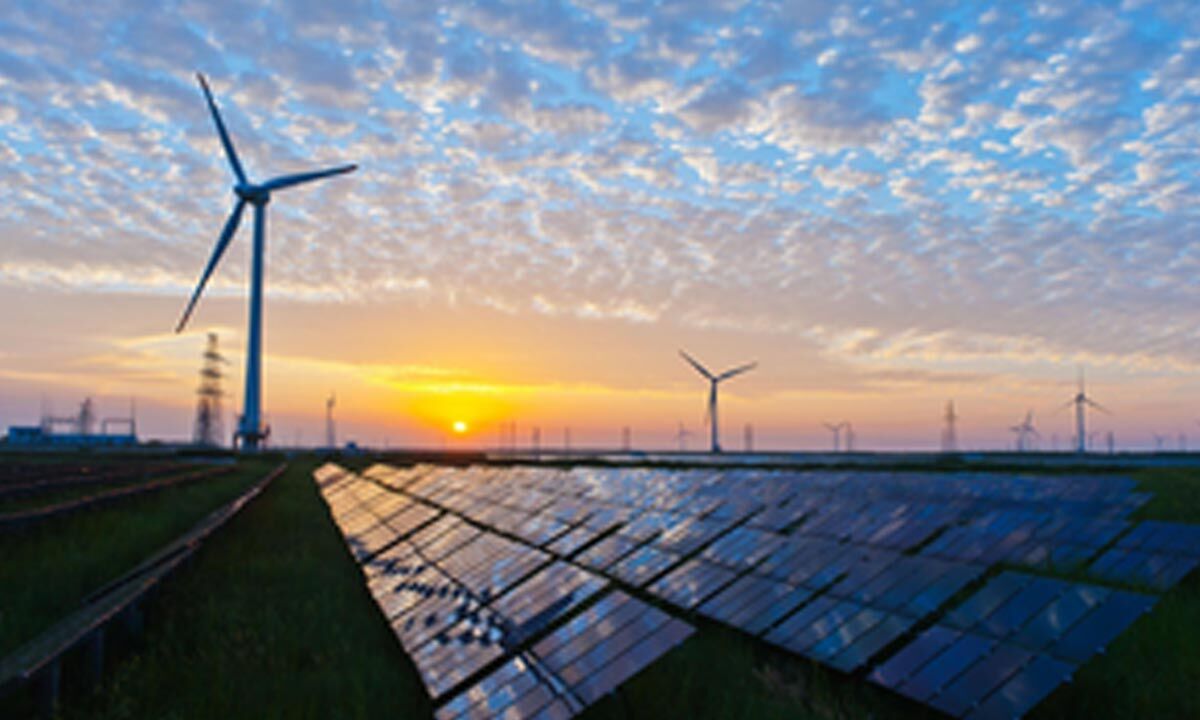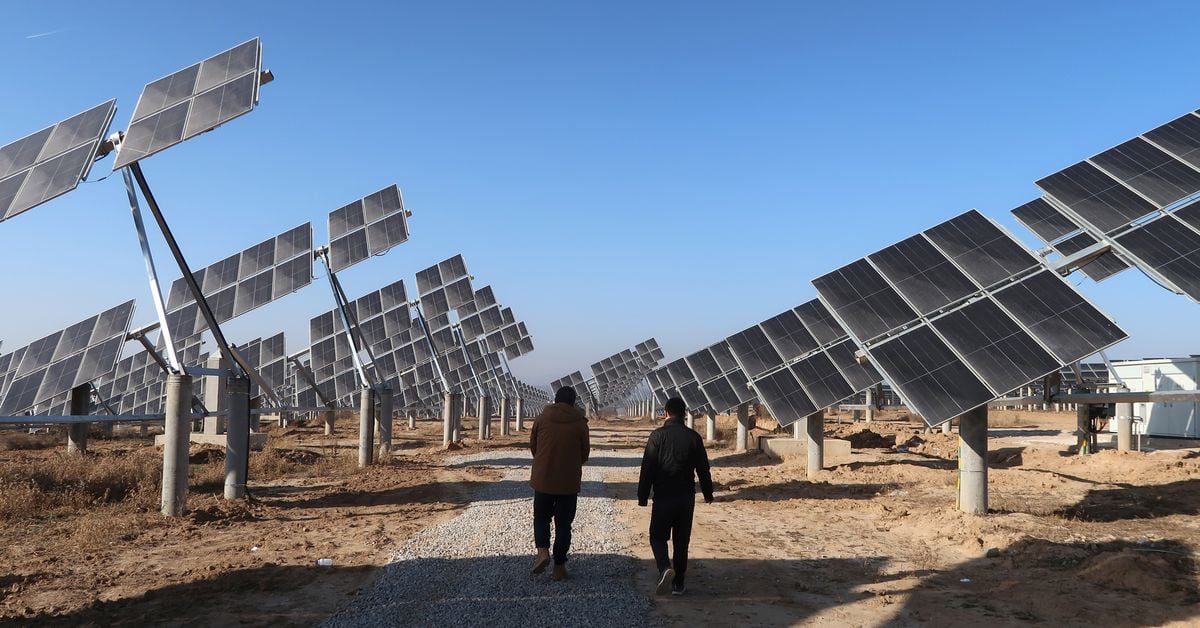India Ramps Up Renewable Capacity at Unprecedented 50 GW Annually
India is surging ahead in the global race for renewable energy, expanding its capacity at an impressive rate of 50 GW per year. The nation is steadfast in its commitment to achieve a 45% reduction in emissions by 2030, surpassing the COP28 summit’s initial target of 43%. Minister for Power and Renewable Energy, R.K Singh, expressed confidence in India’s ability to outpace expectations.
Government’s Pledge and Progress
Minister R.K Singh highlighted the crucial emphasis on reducing emissions intensity by 43% before 2030, addressing the primary cause of global warming. India’s ambitious goal includes having 50% of its established capacity sourced from non-fossil fuels by 2030, with a confident projection of achieving 65%. As of October 31, 2023, non-fossil fuel sources constituted 43.82% of the total installed electricity generation capacity.
Current Capacity and Future Plans
The country has already installed 186.46 GW from non-fossil fuel-based resources, comprising 178.98 GW of Renewable Energy and 7.48 GW of Nuclear Power. An additional 114.08 GW is under implementation, while 55.13 GW is under tendering. The Ministry of New & Renewable Energy has allocated Rs 7,848 crore for 2023-24, reflecting the government’s commitment to sustainable energy development.
Solar Power Dominance and Financial Allocation
India has made substantial progress in solar energy, adding 72.02 GW capacity, with an allocated budget of Rs 5,917.25 crore for the fiscal year 2023-24. The focus remains on Solar Parks and Ultra Mega Solar Power Projects, with plans to establish 50 solar parks, already securing approval for 37,490 MW capacity across 12 states.
Green Hydrogen Mission and Future Technologies
The government’s commitment extends to the National Green Hydrogen Mission, targeting 5 MMT Green Hydrogen production capacity annually by 2030. This initiative aims to replace fossil fuels, potentially saving Rs 1 lakh crore in imports by 2030. Additionally, the government is exploring cutting-edge technologies, such as Small Nuclear Reactors (SMRs), to meet its clean energy transition commitments.
India’s relentless pursuit of renewable energy signals a promising future, combining government initiatives, private investments, and state-level efforts to create a sustainable and low-emission energy landscape.
Source:thehansindia.com





